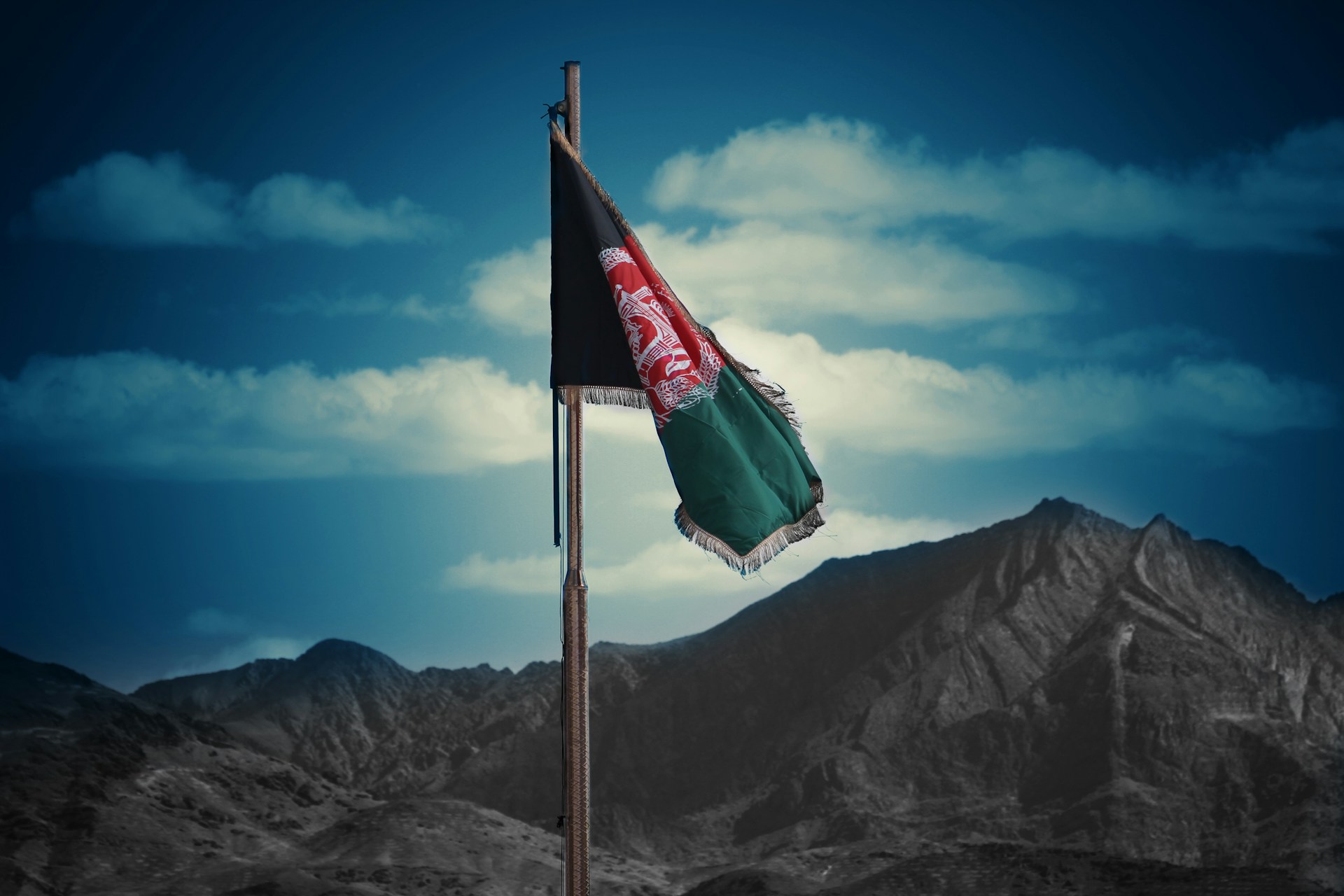Diplomacy is referred to as the art of seizing opportunities. It is largely analyzable through the realist school of thought but is distant from human-centered ethical principles; meaning that if a policy serves the country’s interests in any situation, it is adopted, whether it involves the rhetoric of war or peace.
Diplomats pursue their country’s major national interests amidst complex and contradictory political landscapes.
Unfortunately, in recent years, it has been observed that some Afghan diplomats have made clear in their statements that, instead of national interests, they have prioritized party and ethnic interests in their missions, which are often at odds with national benefits.
Similar to other sectors in Afghanistan, stability was lacking in the country’s diplomatic apparatus, which fell victim to party politics at a time when Afghanistan maintained deeper political relationships with many countries than at any other point in its history.
But is diplomacy merely a tool for advancing the policies of the ruling political system, or do ethics, regulations, principles, and standards also play a role in it?
We conducted an interview on this topic with former Afghan diplomat Ghaws Janbaz, who has worked for many years in Afghanistan’s Ministry of Foreign Affairs and has held diplomatic missions in Russia and Poland.
We draw your attention to his insights.
Views: 14











